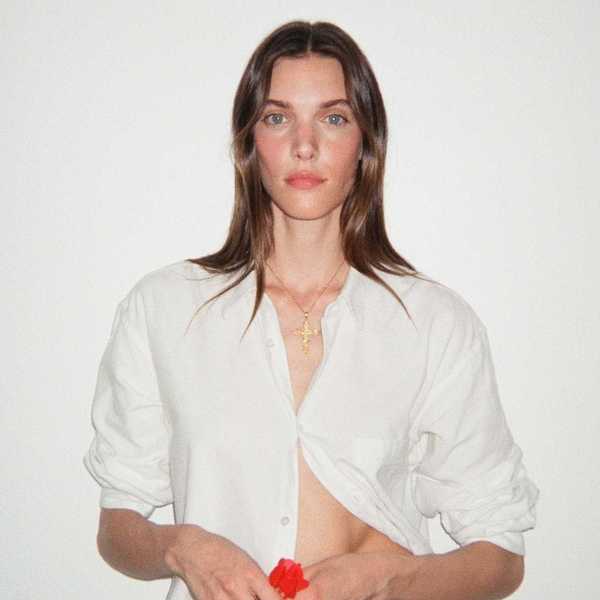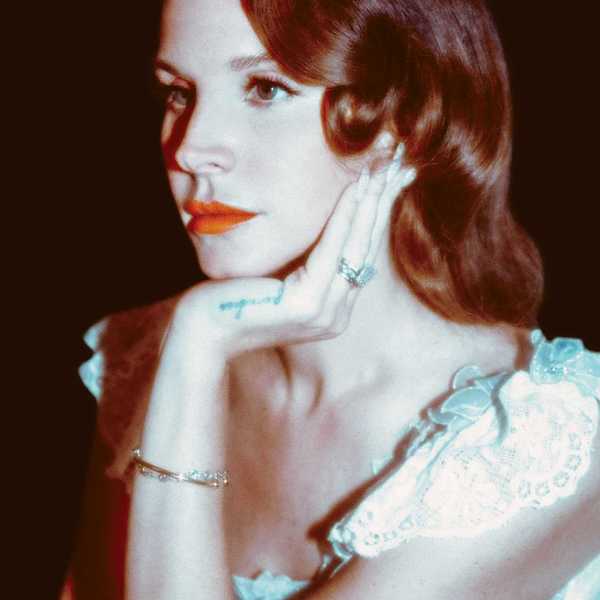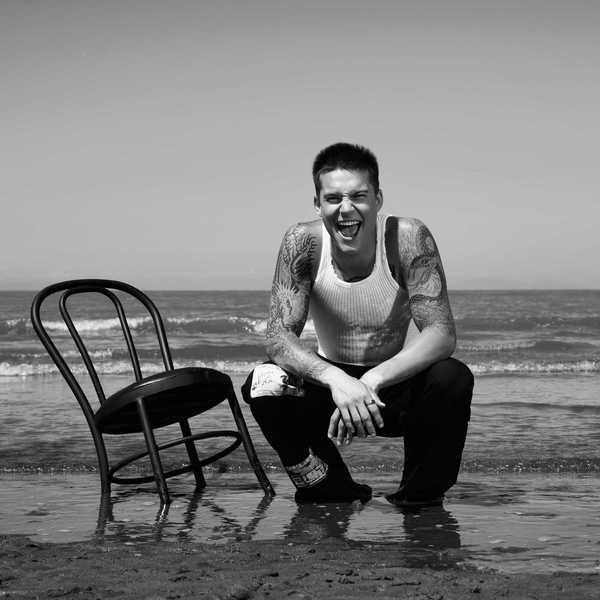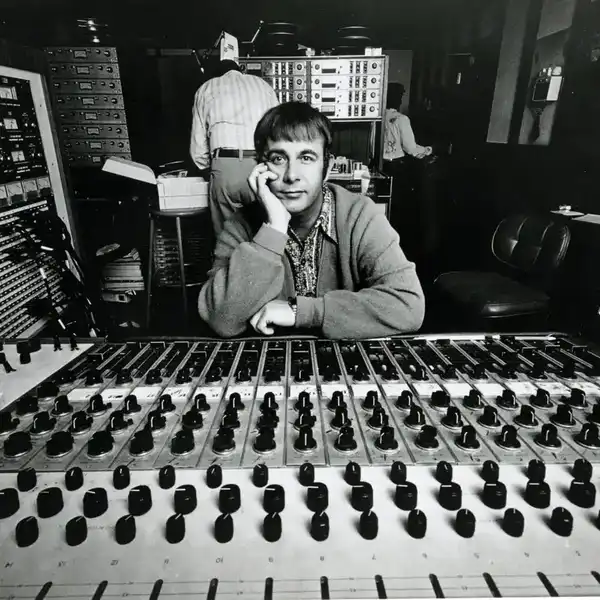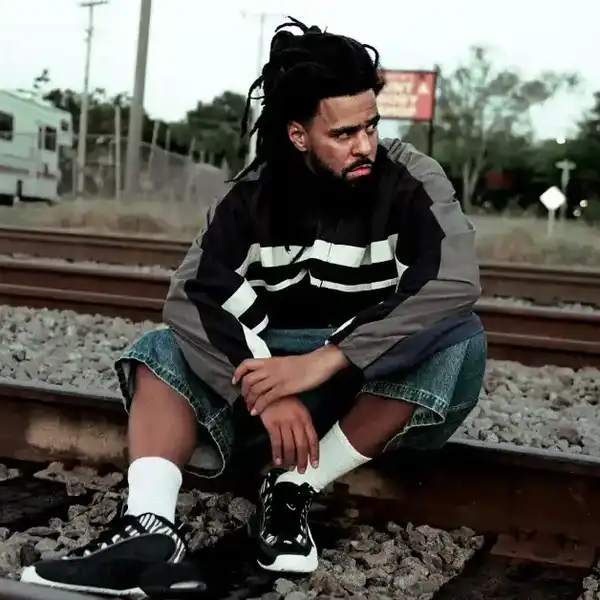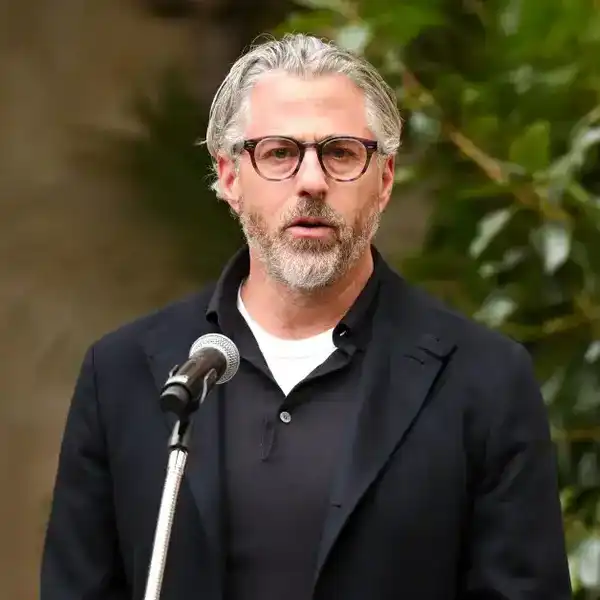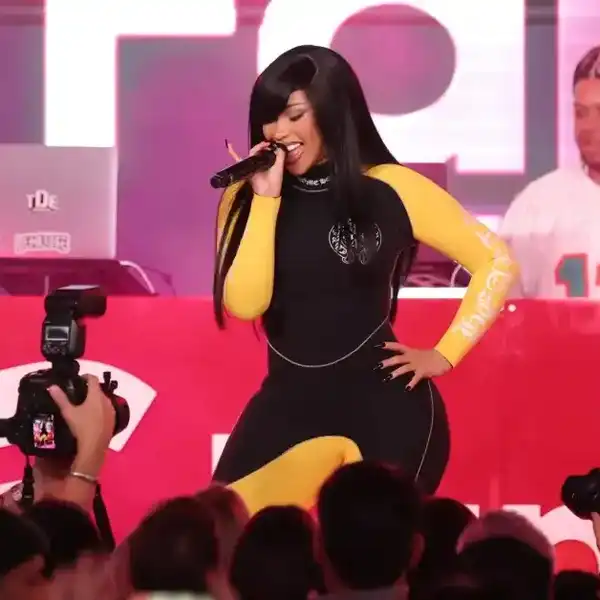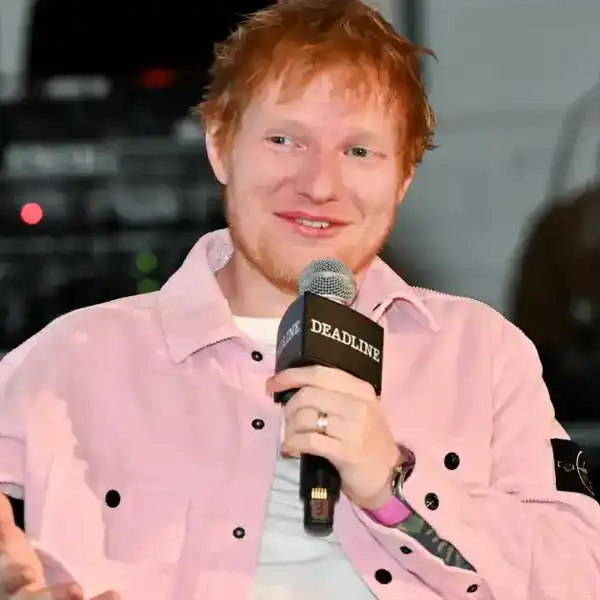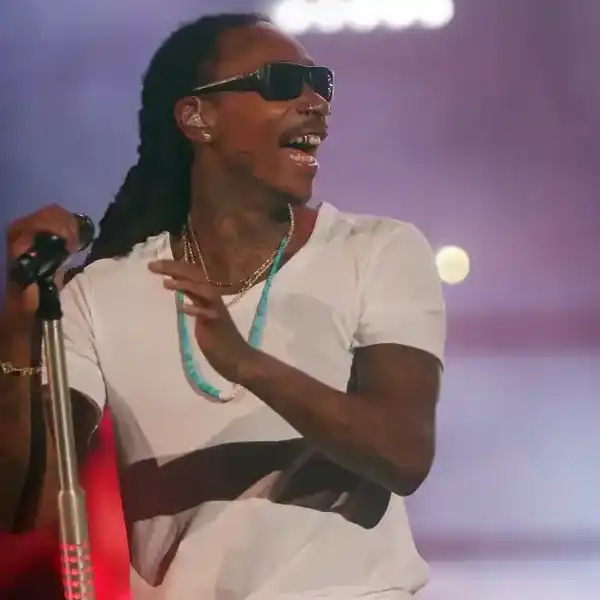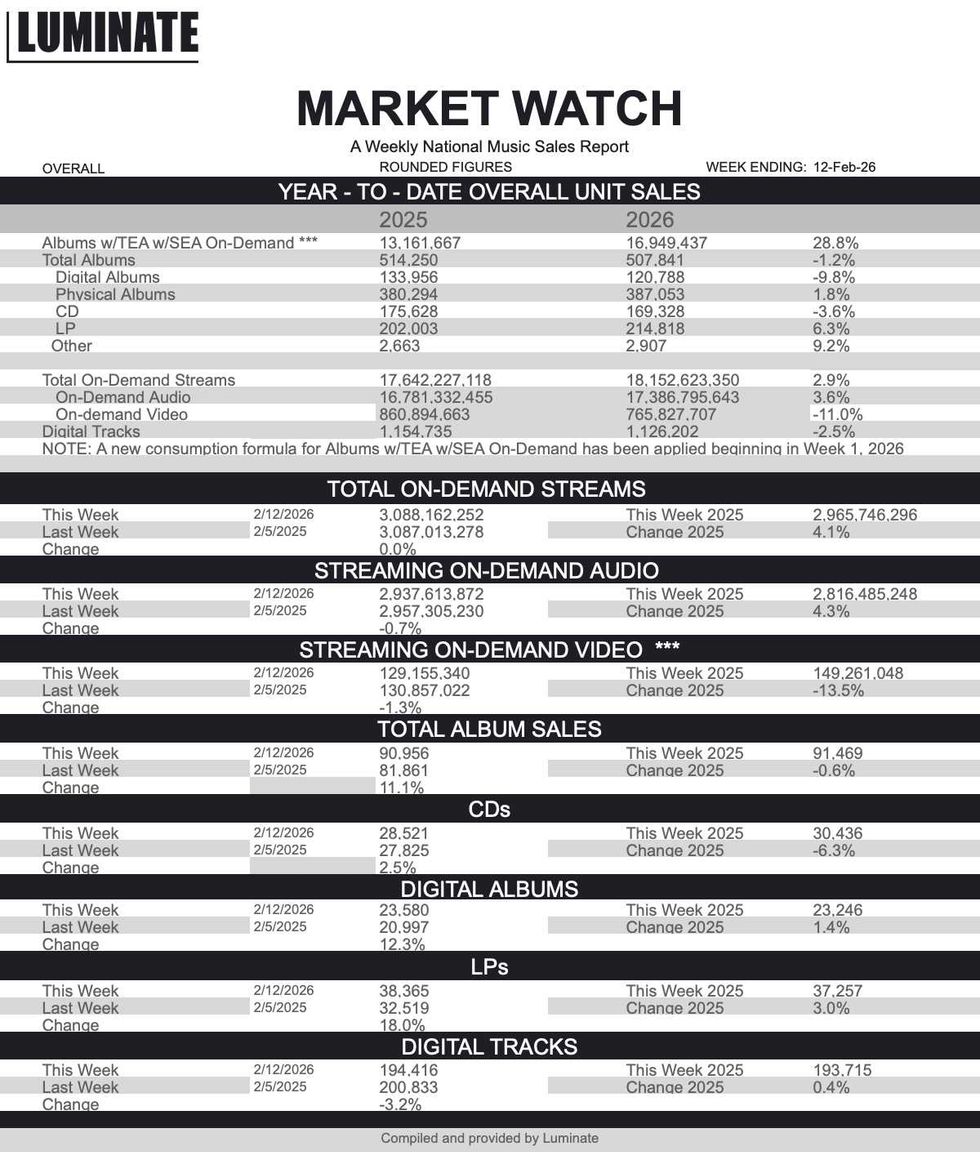Buffy Sainte-Marie Responds To Report About Her Indigenous Heritage: "I Have Never Lied About My Identity"
After a documentary about her life won an International Emmy this week, the singer-songwriter released a detailed statement responding to CBC's investigation questioning her Indigenous heritage.
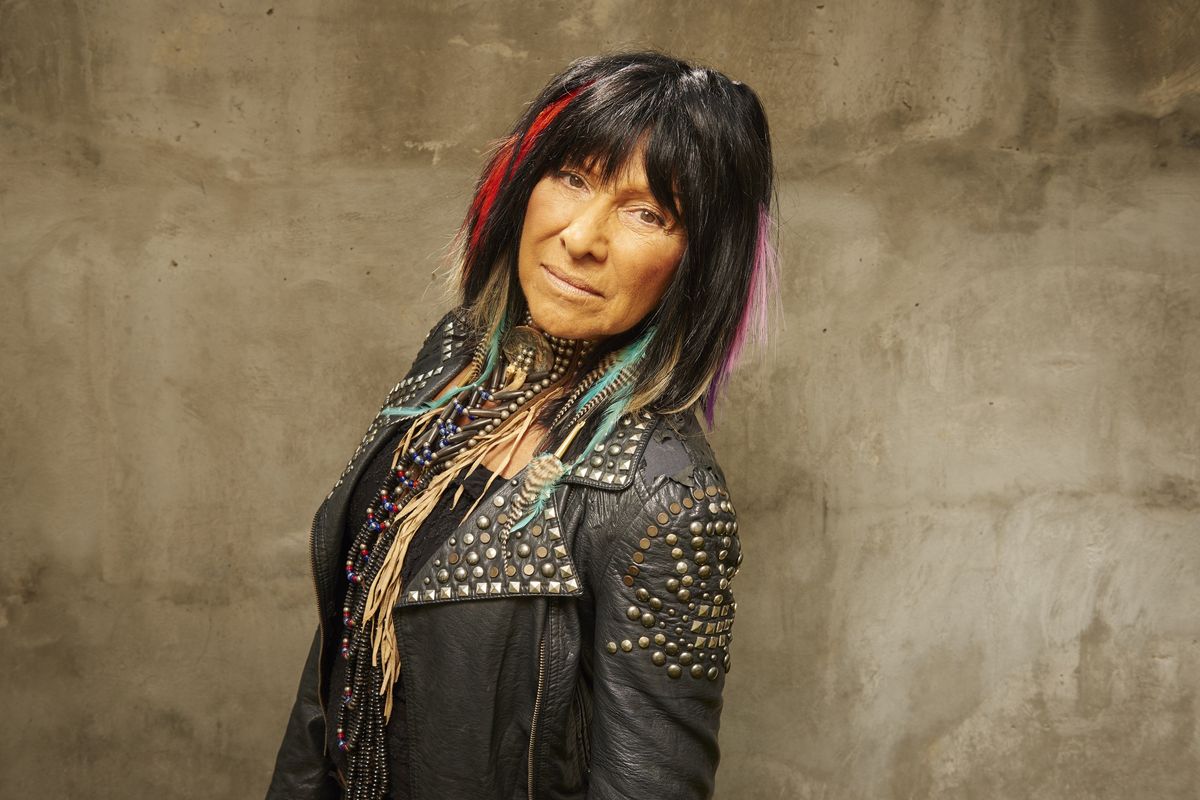
Buffy Sainte-Marie has released a response to the CBC investigation that called into question her Indigenous identity. The investigation was released by The Fifth Estate on Oct. 27 and is available to watch here.
At the time, the singer-songwriter did not provide a direct response, but released a pre-emptive video affirming that she had told the truth as she knew it. This week, she released a longer statement touching more directly on CBC's report — most specifically the discovery of her birth certificate that listed the Italian-American adoptive parents as her actual birth parents.
"This is my life," she writes. "I am not a piece of paper. I am a product of both my families and all my experiences in this world."
The response comes after a documentary about her life, Buffy Sainte-Marie: Carry It On won an International Emmy award on Nov. 20. The documentary originally premiered at the Toronto International Film Festival in 2022, well before CBC's investigation into her Indigenous heritage was released, and does not touch on any of the questions raised in that reporting.
In advance of the Emmys, White Pine Pictures — who co-produced the documentary along with Eagle Vision and Paquin Entertainment — released a statement on its website standing behind the documentary and Sainte-Marie. "We stand behind Buffy and believe it to be true that her mother told her she was adopted and of Canadian Indigenous descent," they wrote.
A group called the Indigenous Women's Collective called the Emmy win "a slap in the face to so many Indigenous people." The group, which has also called for the Juno Awards to rescind her 2018 award for Indigenous Album of the Year, wrote on X that "documentaries are supposed to present factual information..Pretendianism is an act of colonial violence and should never be celebrated. We can not denounce it for one, and ignore it for another."
Billboard Canada reached out to the team behind the film and has not yet received a response.
Yesterday (Nov. 23), through a publicist, Sainte-Marie sent out a statement to media and requested that it be printed in full. You can read the full statement below:
"I want to begin by thanking the International Academy of Television Arts & Sciences for the honour. As one of the most prestigious awards in the global entertainment industry, it is a true recognition of the outstanding team who worked on my story – the true story of my life.
I’ve always believed it takes rain and sunshine to bring a rainbow. This great honour does indeed come after the rain – as I continue to absorb and process the recent attack on my character, life and legacy. It’s a deep wound to my inner child, but as an 82-year-old now, I’m strong – and these allegations do not shake me.
Now it is time for me to shine a light on the truth, my truth.
I have never lied about my identity. The more I’ve known, the more I’ve pieced together a sense of self from what information has been available to me.
What I know about my Indigenous ancestry I learned from my growing up mother, who was of Mi’kmaq heritage, and my own research later in life. My mother told me that I was adopted and that I was Native, but there was no documentation as was common for Indigenous children at the time.
When I grew up, I was adopted into a Cree family by Emile Piapot (son of Chief Piapot, Treaty 4 Adhesion signatory), and Clara Starblanket Piapot (daughter of Chief Starblanket, Treaty 4 signatory), in accordance with Cree law and customs. They were kind, loving, and proud to claim me as their own. I love my Piapot family and am so lucky to have them in my life.
I have always struggled to answer questions about who I am. For decades, I tried to find my birth parents and information about my background. Through that research what became clear, and what I’ve always been honest about: I don’t know where I’m from or who my birth parents are, and I will never know. Which is why, to be questioned in this way is painful, both for me, and for my two families I love so dearly.
My Indigenous identity is rooted in a deep connection to a community which has had a profound role in shaping my life and my work. For my entire life, I have championed Indigenous, and Native American causes when nobody else would, or had the platform to do so. I am proud to have been able to travel the world, sharing Indigenous stories. I have always tried to bridge gaps between communities and educate people to live in love and kindness.
This is my truth. And while there are many things I do not know; I have been proud to share my story – as I know it – throughout my life.
The attack on my character is full of mistakes and omissions. While I will not stoop to respond to every false allegation, I feel it is important to clarify two things.
First, the central proof used to question my identity is a story fabricated by my abuser and repeated by two members of my estranged family I don’t even know. This has been incredibly re-traumatizing for me and unfair to all involved. It hurts me deeply to discover that my estranged family grew up scared of me and thinking these lies because of a letter I sent intended to protect me from further abuse from my brother. I want to be clear, I do not blame them. They, of course, want to believe their father. I have evidence I was sexually abused by my brother, but I can’t tolerate discomforting his children even more. I wish them only the best and hope they move forward from this and find peace, as I am trying to do.
The second is my “birth certificate”. As many Indigenous people know, and the National Sixties Scoop Healing Foundation of Canada has stated, it was common for birth certificates of Indian children to be “created” by western governments after they were adopted or taken away from their families. So it was quite shocking to me to hear a city clerk say she had 100% confidence in its authenticity. I have never known if my birth certificate was real. I have used it because it was the only document I’ve had my whole life. I’ve heard from countless people with similar stories – who do not know where they are from and feel victimized by these allegations and one-sided reporting as I do.
Most importantly, this is my life – I am not a piece of paper. I am a product of both my families and all my experiences in this world.
If you are a pure-blood documented something, I’m glad for you. It’s awesome and beautiful to hear you speak your lineage, history and genealogy. But even if your documentation says you’re racially pure, you might miss the point. Being an “Indian” has little to do with sperm tracking and colonial record keeping: It has to do with community, culture, knowledge, teachings, who claims you, who you love, who loves you, and who’s your family.
With respect and love.
Buffy Sainte-Marie"


